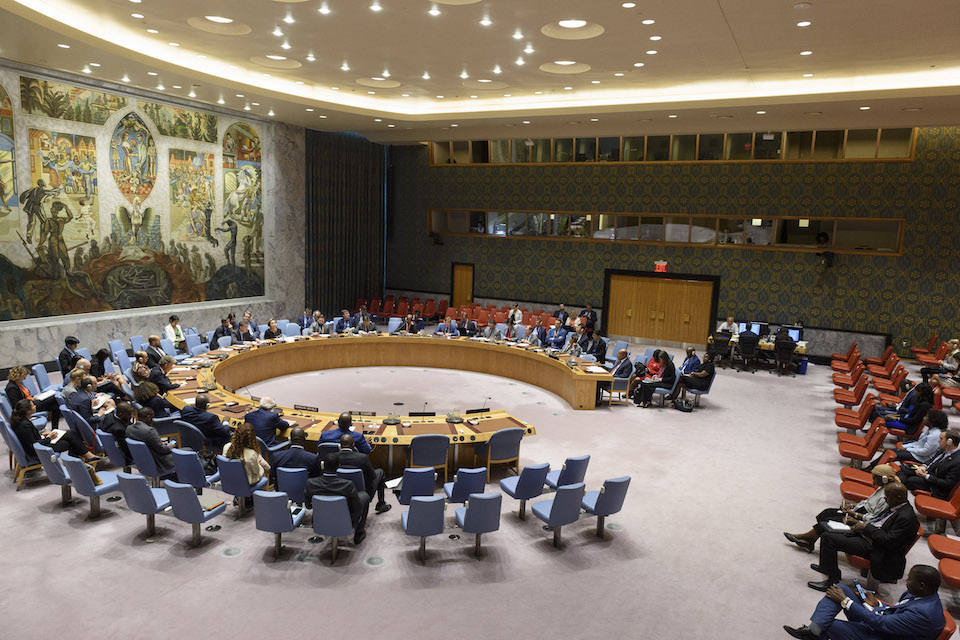Coordinated efforts to address instability in the Sahel
Statement by Stephen Hickey, UK Political Coordinator at the UN, at the Security Council briefing on peace consolidation in West Africa.

Thank you, Mr President, and thank you, SRSG Chambas for your briefing.
I can also be quick because, as the German ambassador said, I think there is a good degree of consensus on this topic in the Council. I think I agree with the points made by almost everybody here today. So let me just highlight three issues.
First, on the elections, we very much endorse your assessment of the recent elections in West Africa and welcome all the good work that you have been doing to support those elections. The UK believes that these inclusive, democratic processes are critical not just for international peace and security, but also for creating an enabling environment for investments and for sustainable development more broadly. And I think it is absolutely vital that all authorities and international partners work together to ensure that future elections in the region are timely, peaceful and credible.
Second, the Secretary-General’s Report highlights the devastating effect that the deteriorating security situation in northeast Nigeria is having on the people of the Lake Chad Basin region. I think this is a region that is often overlooked by this Council, particularly in recent years. The UK is discussing with the Nigerian government what more the international community could do to help it tackle the crisis. Clearly, extending state authority into so-called ungoverned spaces will be essential in order to stem the advances of Boko Haram. We welcome UNOWAS’ efforts to date, and we encourage further support to the governments in the region to tackle the crisis and to implement UNSCR 2349 on the Lake Chad Basin region.
And then third and finally turning to the Sahel, which of course, remains a major concern for all of us on this Council, I’m pleased to announce that the UK Government has recently announced this week that we will make a future commitment of 250 troops to MINUSMA. But we must all do more to help address the root causes in the Sahel. And as we heard during our recent visit to the Sahel, these include reducing abuses by the Security Forces, helping governments provide basic services, and mitigating the conflicts over resources by helping people to adapt to climate change. And it’s a good thing, Mr President, that this Council has become more focussed on the link between climate change and conflict in recent months.
And then I also agree with my Chinese colleague when he says that we need to make better use of international coordination mechanisms on the Sahel. We should be using this Council, the Sahel Alliance, and the Lake Chad Basin Commission to make sure that the international community and our partners in the Sahel are working effectively together to address the long-term drivers of instability and poverty together.
Thank you.